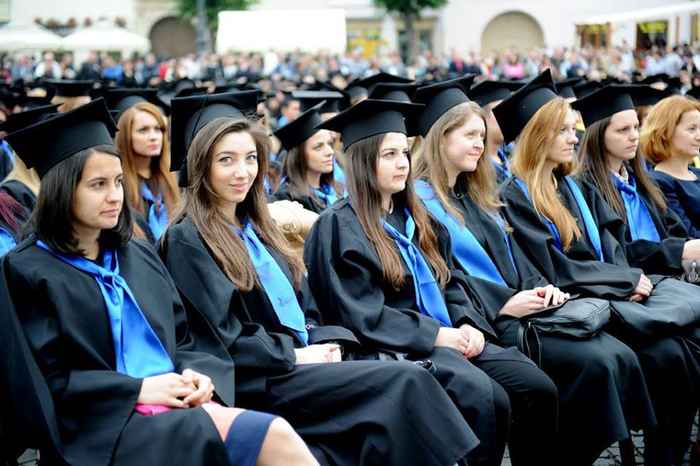Honoursmodule: Flourishing: The Science of Happiness

Lecturers
Pieternel Boer, Jeroen Drijver and Lee Mason.
Introduction
Many people strive to be happy. But what is happiness? And what action can we take to experience happiness more often - both within ourselves and in interaction with others?
Over the last 50 years, scientific research into human flourishing has produced a large number of insights and practical interventions that we can draw upon to improve individual, organizational and even societal well-being.
During our Flourishing course, participants will learn how to improve resilience, increase optimism and foster positive leadership. Participants will also gain insight into effective methods to facilitate cultural change within organizations and acquire practical skills to measure and positively influence human well-being.
Also, particpants will have a considerable amount of fun.
Programme set-up
- Part I: ‘Self’
The First part of the course contains a personal journey in finding your ‘mission in life’. Based on the science of happiness and the concept of flourishing you will find answers on three main questions:
- What do you truly love doing?
- What are your natural strengths?
- What is truly meaningful to you?
The exercises and theory are mainly derived from the Harvard Happiness Course (Tal Ben-Shahar,
2004-2006).
- Part II: ‘Others’
In this second part of the programme you will learn how to promote flourishing within others and among groups of people.
- Part III: ‘All’
In this third part of the programme you will focus on developing positive leadership and facilitating positive cultural change within organizations and society.
Objectives
After this course, you will have
- knowledge of positive psychology, behavioural change, flourishing, leadership and social innovation
- knowledge and insight in current societal ‘big city challenges’
- insights in the quality of your own positive emotions, engagement, relations, meaning and accomplishments.
- increased self-knowledge and an idea of what is your ‘mission in life’
- skills to think open minded and out-of-the-box by making use of tools and methods for creative thinking and brainstorming
- skills in pitching and storytelling
- collaboration skills by working together in interdisciplinary groups
Registration
Registration is possible for students participating in an Honours programme via an online registration form which will be made available between December 4th 2015 10.00h and December 8th 17.00h on this website.
Placement will be at random. If there are still spots open after the application deadline, students will still be able to register.
Part of registration for the module is the writing of a motivation letter and participating in an introductory meeting. These meetings will take place the end of January. Specific dates and additional information can be found through the roster.
Format
Seminars
Schedule
For the actual schedule check Datanose: https://datanose.nl/#course[62118]
Assessment
Written group report, group presentation, personal presentation
- Mode
- Honours programme
- Credits
- 6 ECTS, 14 weeks
- Language of instruction
- English
- Conditions for admission
- Preliminary training necessary
- Starts in
- February